Not Quite Naked at the Typewriter
THE SYDNEY MORNING HERALD
Ian Hicks, the assistant editor of the Herald, took over the literary editorship after the brief reign of Chris Henning, who went back to work on page one, and the very lengthy incumbency of Margaret Jones. He remains assistant editor, and sees his books job as a short-term ‘appointment. His policy over embargoes on imported books is controversial. Like Valerie Lawson in her heyday at the Times On Sunday, he ignores them, especially if the book can be seen as having ‘some news interest’. Disregard of embargoes quite often drives overseas publishers to airfreight in the entire Australian run of a book and drive up its cost unconscionably. Hicks says he attempts to publish a new poem each week. But Australian fiction and poetry get more lip service than serious attention in the Herald. Often they’re dealt with in job-lot reviews of four books. Recent victims include Robert Gray and Gerard Windsor.
Hicks has employed a number of European expert reviewers, which is a healthy sign, but he relies too much on the old Herald standby of giving an inordinate number of books to ex-editors Pringle and Kepert. Reportedly, he has not changed another of the Herald’s legendary policies – demanding return of reviewers’ copies.
Christopher Pearson
THE AUSTRALIAN
There was a time when nobody of my acquaintance felt any compulsion to read The Australian’s book pages. They seemed hastily cobbled during the time the over-worked editor took a breather from pressing assignments. Then Geoffrey Dutton, that committed and energetic promoter of Aust Lit, got the job; and what for some was a xenophobic emphasis on the local product in the pages was, for others, an admirable way of getting the news across to the great unwashed that a home-grown literature exists.
A few weeks ago, Barry Oakley took over, introduced a couple of new columns, and expanded the book pages from two to three or four. Reviews, as we all know, contain opinions written to a deadline that expires almost as soon as the book arrives; and book pages resemble a form guide that shows which books and reviewers are currently under the floodlights. They can’t pretend to be comprehensive or authoritative. They are interesting and/or irritating because they’re not. So, the new columns, particularly ‘Writer’s Block’, are welcome. In this column writers are invited to have their own say amidst the week’s delivery of brickbats and bouquets. It’s good to get some fresh angle directly from the shop floor – and this might even remind the magisterial reviewer who’s really in charge.
And what’s being reviewed lately? The full range of literary forms, bias Australian. Yes, poetry too. I’ve particularly enjoyed recent reviews by Kerryn Goldsworthy (biting), Greg Flynn (hilarious), and Beverley Farmer (felicitous). Thankfully, Sydney’s provincialism is not especially manifested in the catholic choice of reviewers, but this can’t be said of the pseudonymous Elizabeth Swanson’s ‘Foreword’ column of literary news and gossip. In recent weeks she has tended to abandon her spies and satellites. The beat of the ‘Literary London’ column is clearly defined. So when are we going to have ‘Literary New York’ or, for that matter, ‘Literary Wagga Wagga’?
Andrew Sant
THE COURIER MAIL
‘Books with Peter Charlton’ is inserted so unobtrusively into The Courier Mail’s Saturday supplement, ‘The Great Weekend’, as to seem almost an afterthought. Jostling for page space with miscellaneous advertisements, the book reviews offer only the most cursory of glimpses into recent publishing in Australia and overseas.
Perhaps as a result of lack of space, the main weakness of ‘Books with Peter Charlton is the apparent haphazardness of the selection of titles, and the absence of any periodic survey of recent literary and publishing trends. Books tend to be discussed in isolation from each other and from any intellectual context. Pressure of space may also account for the mysterious omission of reviews of some major works, and the considerable delays with which other works are reviewed. In the case of books published in Australia, such delays are inexplicable and reinforce the impression of a lack of commitment to intellectual concerns.
The selection bias in favour of fiction and biography leads to important works in fields such as politics, social inquiry, the history of science and philosophy being ignored. A more consistent attempt to survey publishing in these fields might also provide ‘Books with Peter Charlton’ with a more coherent intellectual framework for reviewing literary works. At present, with the notable exception of Ken Goodwin, Henry Bartlett, and Peter Charlton, contributors tend to concentrate on the description of plot and character.
Given the emphasis on fiction reviewing, it is a curious and regrettable fact that well-known Australian writers are not represented among the reviewers. The rationale of ‘Books with Peter Chatlton’ seems to be based on the belief that its readers are simply seeking tips on undemanding reading with which to while away a weekend. If this is the case, a worthwhile contribution to Brisbane’s weekend reading might be the provision of more entertaining book review.
Belinda Mackay
THE WEST AUSTRALIAN
Two papers thud onto my lawn each Saturday: The West Australian and The Weekend Australian. I don’t usually bother with the West – which is a shame.
The West books editor, John Weyland, is also the features editor. He is not really a literary specialist (although as a humble staffer he was interested in books, particularly WA books), and there are huge, conflicting demands on his time.
Unfortunately for Weyland, his arrival at the features desk coincided with ownership changes at the West, and the editorial policy seems to be one of lowest common denominator. So we have lots of overseas blockbusters and pictorial reproductions from illustrated books (easy on the Saturday hangover). Until recent weeks, there had been virtually no Australian poetry or fiction, and very few literary features, although I have detected some improvement there of late. Perhaps the books editor has been freed a little from the editorial chains – or perhaps he’s simply becoming more confident?
However, most of the material is either syndicated or written by staff journalists, and Weyland does a lot himself. Almost no use is made of local writing talent, and the few freelancers he does commission reviews from are paid less than their counterparts on other papers (although Weyland has tried to do something about this). But is money really the problem?
Meanwhile, Perth’s literary community reads the Weekend Australian, the Age and the Sydney Morning Herald. (Oh, and ABR, of course.) But this side of the country we don’t see Saturday’s Age or SMH till Monday afternoon. Sigh.
THE WEST AUSTRALIAN
For at least ninety per cent of South Australians, what The Advertiser publishes is gospel truth. It is universally referred to as The Paper.
Its Saturday Book Section therefore has captive readers, and is likely to bring many of them their only news from the wider world of literature. What they can get in the limited space provided is necessarily very limited indeed – usually there is room for at most four shortish reviews plus a short, regular Popular Fiction column.
There is no evidence of any editorial policy beyond an attempt to provide over the weeks an unspecified range of reviews of books of general interest. One pictures a great big bin of review copies, and the reviewers coming in each week and saying ‘I’ll take that one’.
The result is a kind of fruit salad – one week it’s W. McMahon Ball’s Diaries plus a lavish book of photographs, plus a sociological study, plus two new Australian autobiographical works; another week it’s Kenneth Grahame’s Wind in the Willows letters to his son plus Princess Di plus Australian Jazzman plus assorted overseas fiction in brief.
The literary editor is obviously battling with a serious shortage of space, and probably with a very small budget as well. But is there a real shortage of reviewers? In the four weeks of September, the book section contained about twenty pieces of which seven were written by Katherine England, four by David Harris and two by Brian Dickey. These are, in fact, good reviewers, especially Katherine England, but their constant reappearances do give a grey sameness to one’s Saturday diet of book pages.
In short, you don’t expect to find in the Advertiser book pages revelations of new talent or great literary insights. Instead, you can be sure of good, safe reviews of good, safe books unlikely to offend anyone.
You can also be sure that you won’t be roused by these reviews to wild frenzies of desire that will cause you to stampede your library or bookshop.
Rosemary Wighton
THE AGE
Poor old Aggie Age. She’s never been the same since she was Fairf-ked. (Or unfairly F---ed, if you take a high Melbourne line.) She just seems to get greyer and greyer with the years. And putting on weight is no substitute: newsagents are turned into bunkers by piles of unclaimed Saturday Extras.
‘Twas not always so. Camberwell once swore by The Age Literary Supplement; never at it. Now it would scarcely bother to do either.
Once you scale the trivial tale that invariably leads off the Extra (which, by the way, is dishonestly named, since you pay extra), what do you find? Well, no Michael Barnard, for one thing. This makes for a change – even if that change is called Peter Ryan. Sweeping on – by courtesy of ads for flying Persian carpets – you come across four pages or so headed Arts & Books. Here Frothers can be found telling us how we ought to have The Mastersingers of Nuremberg in Melbourne, we really ought, since this is the Bicentennial Year and the opera celebrates ‘national’ art. (Just who then does he think won World War II?) Somewhere in there are books.
The layout of the two, and occasionally three, book pages is about as helpful as that of the recent Spoleto brochure. Indeed they could give you the impression that the books chosen were an entirely random lot. A wicked thought I know, but now that the last general has finally been laid to rest, a new organising principle has had to emerge. And it has. These days, when like likes like, it’s no surprise that Aggie should decide that whenever possible books should be reviewed by her very own boys and girls. Journalists feature Saturday after Saturday. To be fair, a bit less than they used, since lately there have been more new reviewers. But the problem remains, as a double-barrelled one: the books need to be chosen more carefully, and reviewers, whether new or otherwise, paired with them more tellingly. In short, the pages need to project a view of the world, and of Australian culture, which they don’t really do at the moment.
Jim Davidson


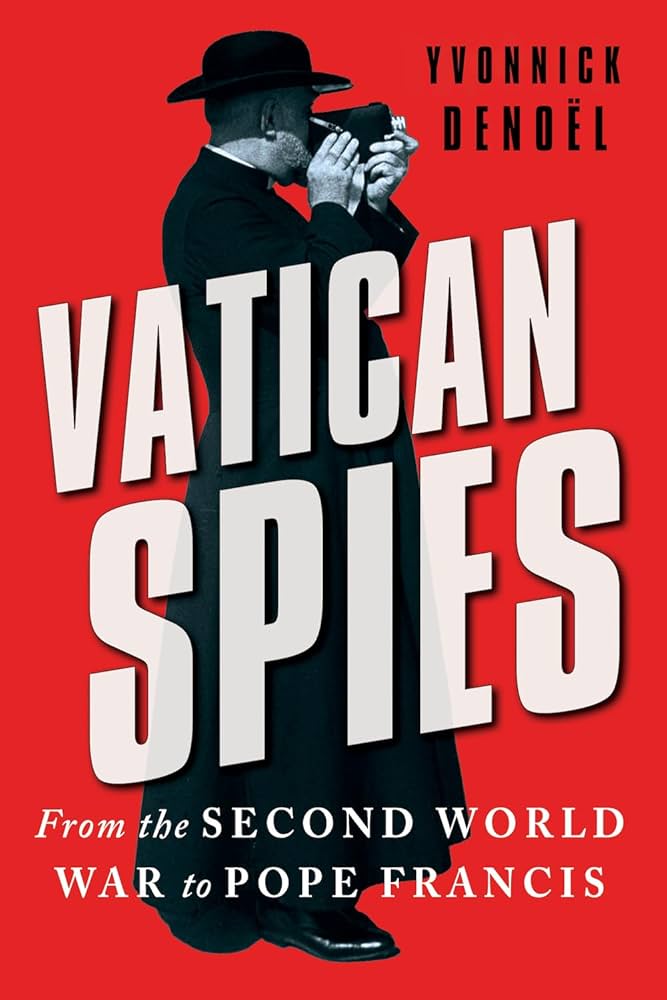
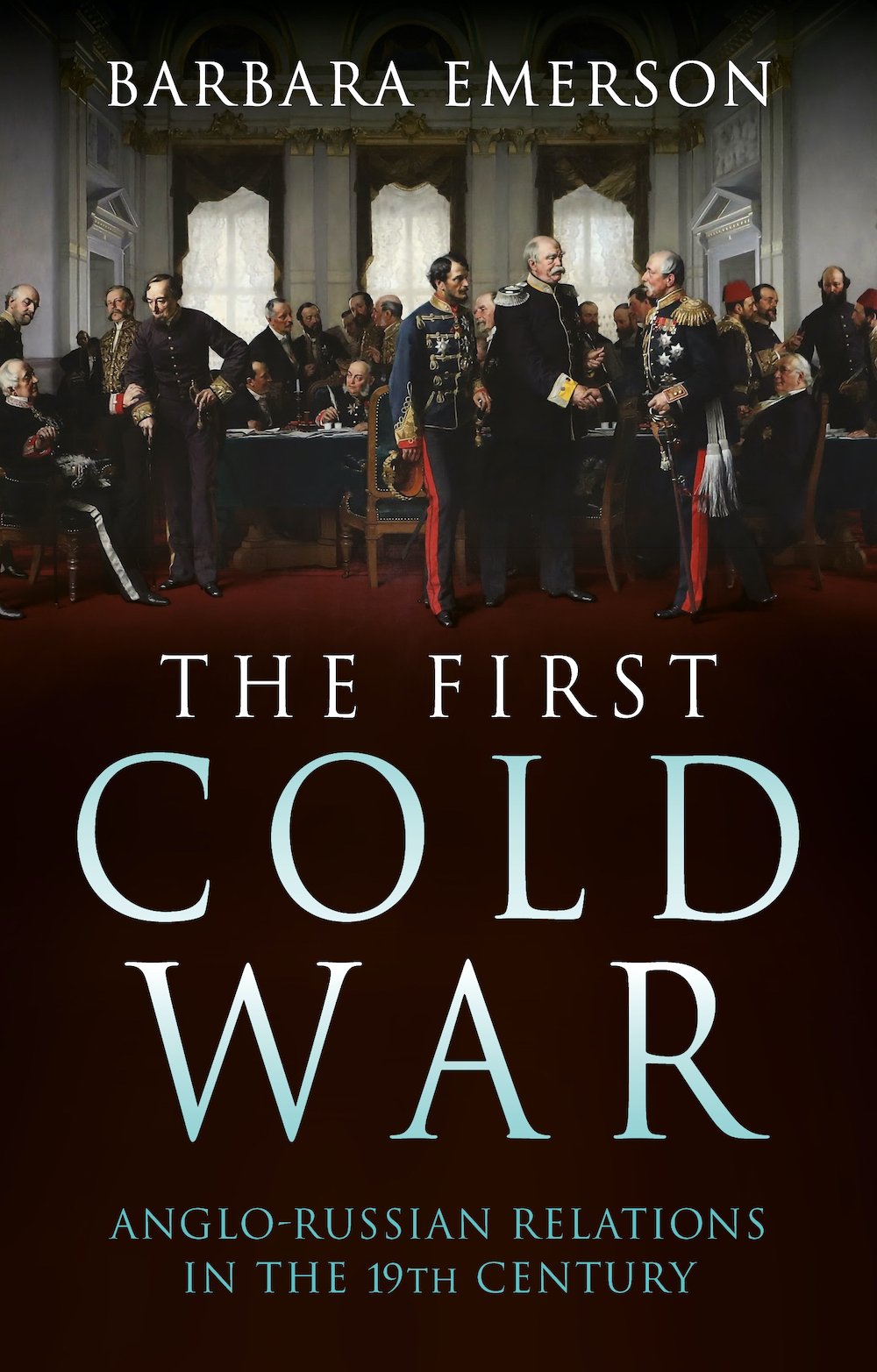
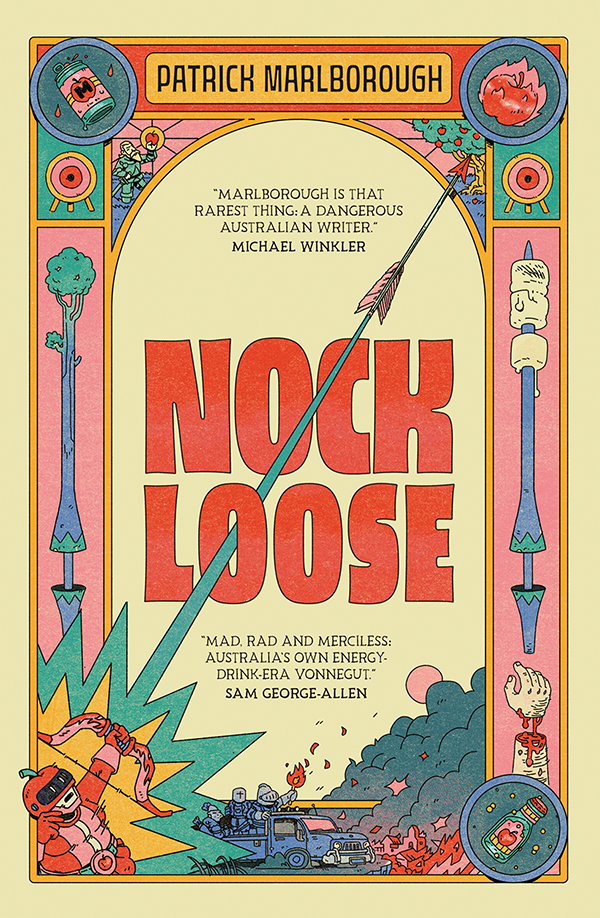

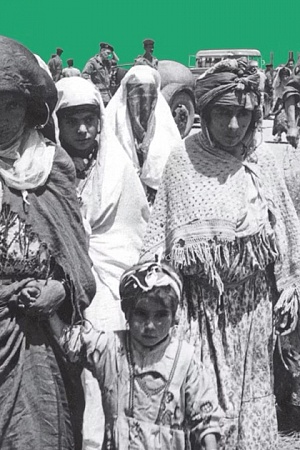
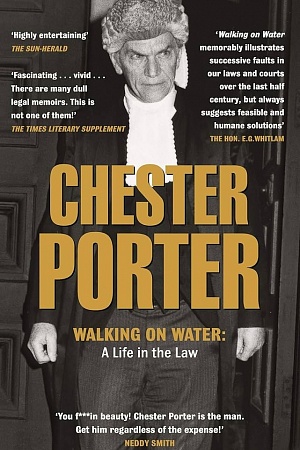
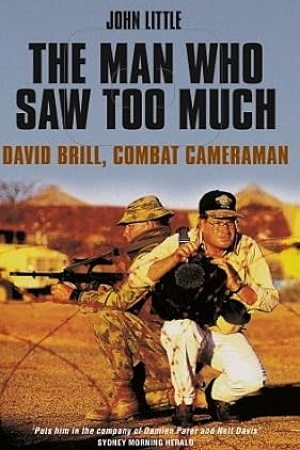
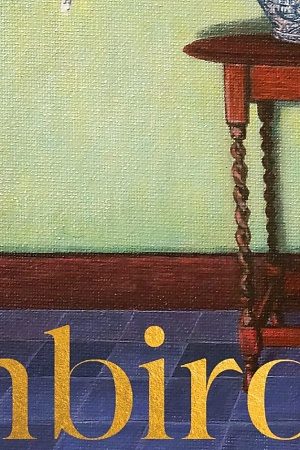
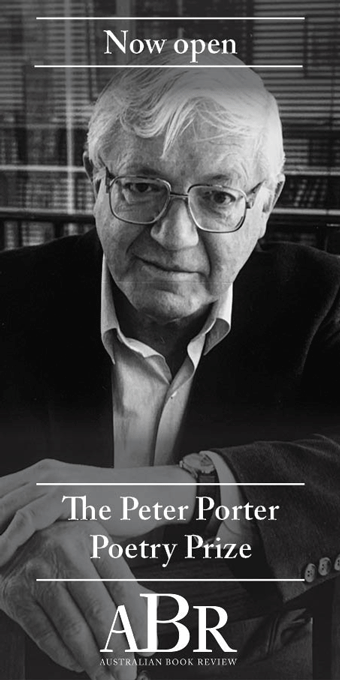
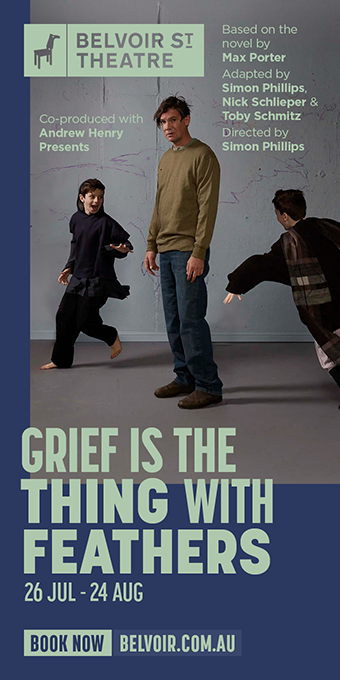
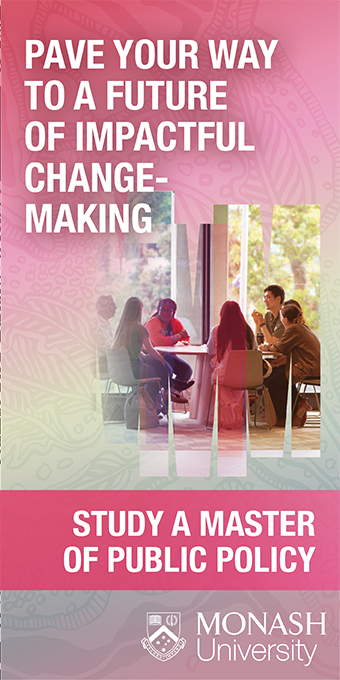
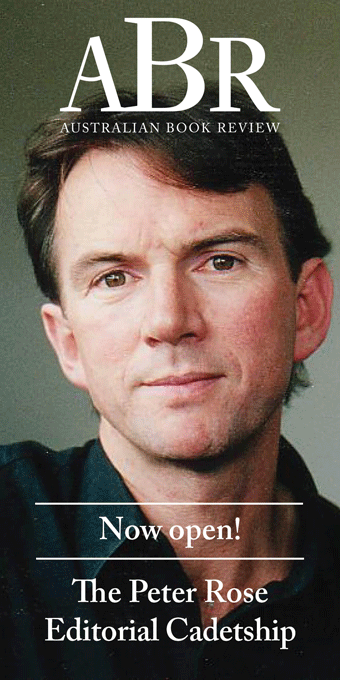
Leave a comment
If you are an ABR subscriber, you will need to sign in to post a comment.
If you have forgotten your sign in details, or if you receive an error message when trying to submit your comment, please email your comment (and the name of the article to which it relates) to ABR Comments. We will review your comment and, subject to approval, we will post it under your name.
Please note that all comments must be approved by ABR and comply with our Terms & Conditions.